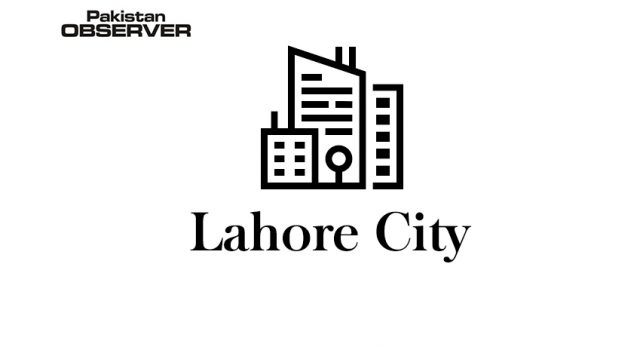Sadia Shaukat
Since the appearance of the coronavirus in December last year, nearly every aspect of regular life in Pakistan has been transformed.
The education sector has been affected in a huge way with the closing of classes and calls for efficient education emergencies to overcome the academic loss. Academic institutions are now searching for new learning avenues by going on-line.
Educators are finding that the compromised state of curriculum development in Pakistan is not going to help matters. Without professionals experienced in bringing about rational change, and with little awareness of how to compare, judge and evaluate, Pakistan’s attempts are likely to make little progress. Following the power coercive, top-down instruction from the Higher Education Commission (HEC), universities equipped with digital equipment can commence online teaching immediately, while other under resourced universities should ensure their setup for online learning prior to commencing.
Private universities are more likely to struggle, but what are the criteria for choosing the materials for the more established universities? Static pictures of the lecturer’s notes? Videos of students asking questions about the notes? Does every university teaching course A have the same objectives, the same content, the same profile of assessments?
The HEC could build up a curriculum bank of courses and assessment schemes that universities could draw upon, but does the HEC have the quality of staff to attempt this? I shall return to the role of the HEC.
HEC founder Dr Attur Rehman said on the emergency education, “I had prepared a website at which I had accumulated thousands of excellent courses at school, college and university level. These include courses from MIT, Stanford University, University of California and many other top universities.
To effectively develop learning resources, I suggest that universities should bid to establish packages for our most common courses, using what little experience they have of course/curriculum development.
In theory, universities are expected to adopt flexible sources of remote learning by using recorded lectures and online session through Zoom and meetup. Distance learning should involve tutorial support, free online courses, e-learning stations through occasional face-to-face communications with resource persons. In practice in Pakistan, there will be challenges with on-line connections, and the accessibility of digital tools.
From the students’ perspective, what about the affordability of the digital tools, internet access, browsing the web and the stability of the electricity supply. And in rural areas?
Head of the MD Program at Vin University, Hanoi said that “Online learning needs huge investment in terms of resources both physical and human at the institutional level. In a country like Pakistan this needs to be carefully thought with open University and Virtual University on board. It is a fact that synchronous learning will be a disaster so more energy may be directed towards asynchronous learning.
This type of learning will also make the student a more independent learner, and will save commuting hours for both the students and teachers if the class does not have to meet formally. Universities should extend their collaboration with IT companies for telecommunications applications, such as teleworking and teleconsultation to facilitate academic affairs. It would be a joint adventure between academic institutions and IT companies to produce a positive impact in higher education sector during the national emergency situation.
The problem should be opened up by inviting interested university educationists and IT experts from the private companies to a ‘brain-storming’ conference hosted by the HEC to seek suggestions for transforming the current, exclusively, physical system to online. Solutions are to be looked for in both the short- and long-term.
Meanwhile, individual universities are expected to try out, within their capabilities, e-learning trials. These trials outcomes would be collated by the HEC to set up a solid information base for the longer-term national E-learning project.
[The writer is Associate Professor at Faculty of Education, University of Education.]









